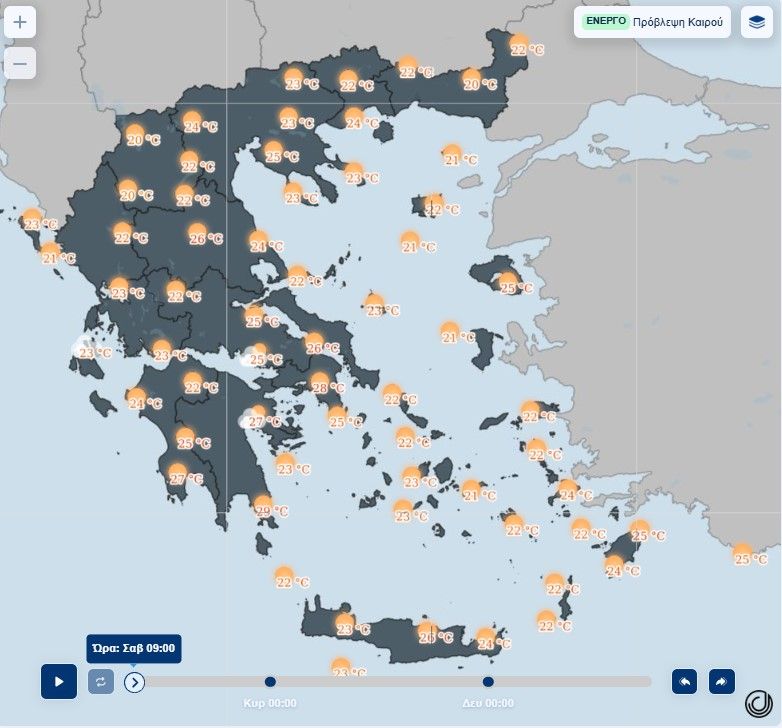Is there any life on other planets? Many astronomers doubt

A few hours after the dramatic announcement of Cambridge researchers that they have detected the « strongest evidence » of biological activity on another planet, many of them say they are not so easily convinced.
The controversial study published Thursday at The Astrophysical Journal He examines the giant planet K2-18B at a distance of 120 light-years from Earth. Researchers detected the two -gas spectral – Dimethylsulfide and Dimethylodisulfide- which are produced on Earth by phytoplankton and give its aroma to the sea breeze.
Many researchers now say that they disagree with both the allegation of detection and the interpretation of the findings.
« These are not strong indications, » he told magazine Nature Steven Schmidt of John Hopkins University in Maryland.
« It is almost certainly not a life, » Tesa Fisher of the University of Arizona agreed in Tuson.
Interlocutory explanations
A basic counter -argument is that the Dimethyelater is not exclusively produced by biological processes, the magazine points out Science. According to last yearthe same gas is released by the comet 67p/Churyumov-Gerasimenko, in which no one believes that there is life.
A second question is whether the detection of gases is nothing more than a statistical anomaly, Smid of « John Hopkins » said.
Cambridge researchers argue that the likelihood of being a mistake is limited to 0.3%. They estimate, however, that the definitive confirmation of the finding takes more hours with the James WebB space telescope, on which the study was based.
The spectral analysis cited by the controversial study is questioned (A. Smith, N.Madhusudhan / University of Cambridge)
The spectral signature of the two in question was detected in the stellar light that passed through the planet’s atmosphere and passed 120 light before reaching the telescope.
« It is therefore an extremely dim mark that we need to read to find not only evidence of life but also anything else, » he commented on Bbc Cambridge’s Oliver Sorti, who did not participate in the study.
Globe or hell?
It also remains unclear whether K2-18b is really hospitable. No one knows his composition precisely, but Cambridge’s team estimates that it may be a « Yukanian world », a combination of the words « ocean and hydrogen », a hypothetical category of ocean planets and have a hydrogen atmosphere.
Potentially, such an environment would be suitable for the development of microbial life on the surface. However, K2-18B has a mass of 8.6 times larger than the Earth and approaches the dimensions of Neptune, which consists of gases and not of rocks.
This means that the K2-18B may not even have a solid surface where microorganisms could be developed.
There are also doubts about the existence of water. On Sunday, Christopher Glein, a planetary scientist at Southwest Research Institute, prejudiced a study which estimates that K2-18B is covered by an ocean of magma rather than water.
The researcher told the New York Times that the available data is not sufficient to convince that alien life was discovered.
« This is not unmistakable evidence, unless we see ET shaking our hand, » he said.








